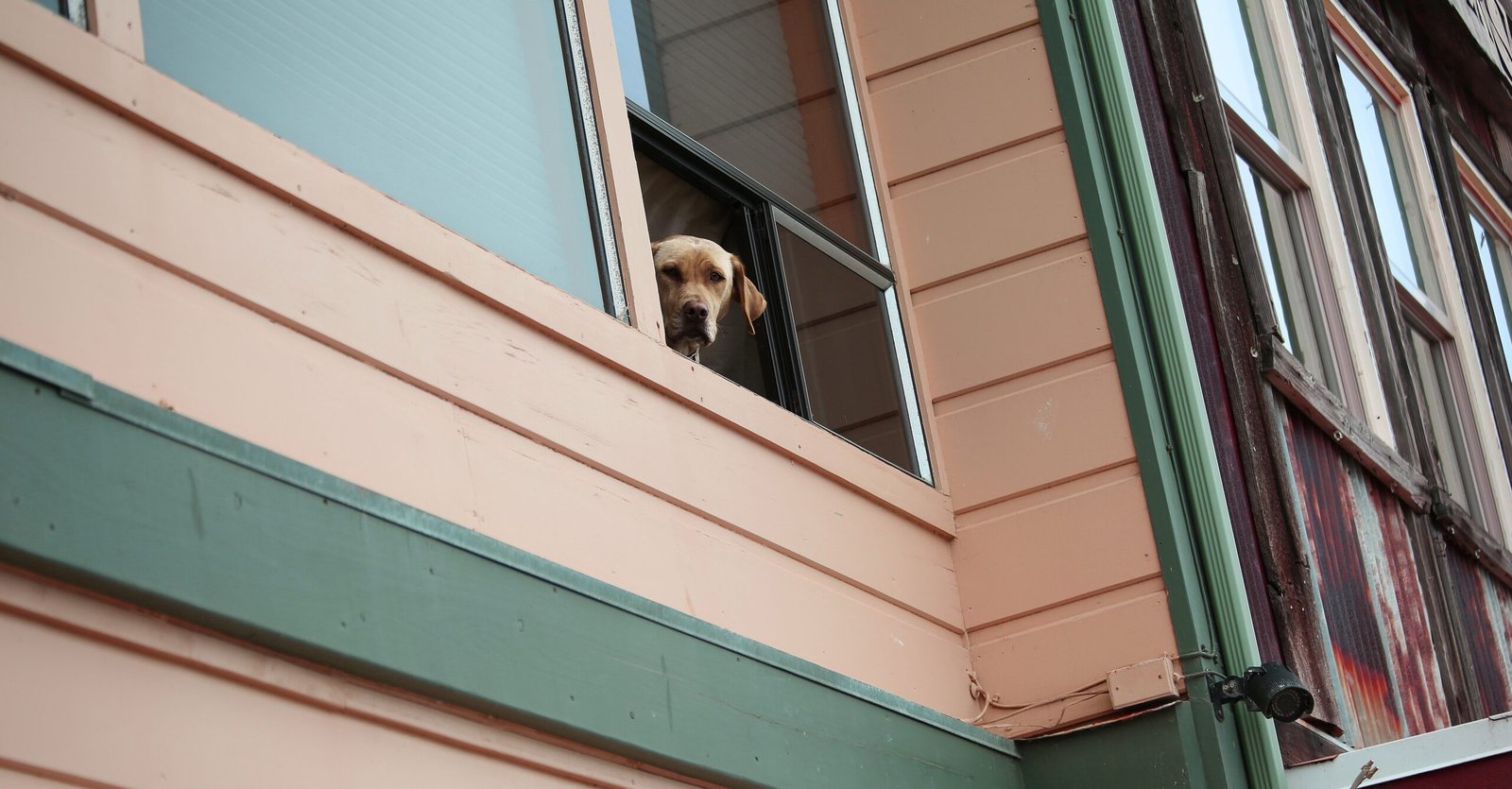Dogs are often referred to as man’s best friend, a title they have earned through centuries of loyalty and companionship. However, in today’s fast-paced world, many dog owners find themselves struggling to balance their busy lives with their furry friends’ needs. As a result, dogs are left alone more often, and while some solitude is healthy, too much can be detrimental. Delving into the reasons why excessive alone time can harm your dog is essential for every dog lover to ensure the well-being of their four-legged companions.
Separation Anxiety: The Emotional Toll

One of the primary consequences of leaving your dog alone for extended periods is separation anxiety. Dogs are social creatures by nature, and isolation can lead to feelings of fear and distress. Imagine being left in a quiet room with no one to talk to for hours on end; it’s bound to cause anxiety. When dogs experience separation anxiety, they may exhibit behaviors such as excessive barking, destructive chewing, or even attempts to escape. These behaviors are not just nuisances but cries for help from a lonely pet.
Behavioral Problems Emerge
Excessive alone time can lead to the emergence of various behavioral problems in dogs. When left to their own devices for too long, dogs may become bored and resort to unwanted activities. Chewing on furniture, digging in the yard, or stealing food from countertops can become common occurrences. Just like humans, dogs need mental stimulation to stay healthy and happy. Without it, they may find their own ways to entertain themselves, often to the detriment of your household.
Depression: A Silent Struggle

While it may be surprising to some, dogs can experience depression, much like humans. Prolonged periods of solitude can lead to a sense of sadness and lethargy in dogs. You might notice a lack of interest in playtime, a decrease in appetite, or an overall change in your dog’s demeanor. Depression in dogs is a silent struggle, and recognizing the signs early can help prevent further emotional distress. Engaging your dog in regular activities and ensuring they have companionship can combat these feelings.
Physical Health Declines
Excessive alone time can also have physical repercussions on your dog’s health. Dogs need regular exercise to maintain a healthy weight and to promote cardiovascular health. When left alone for extended periods, especially in confined spaces, dogs may become less active, leading to weight gain and associated health issues. Regular walks and play sessions are essential to keep your dog physically fit and to prevent obesity-related conditions.
Social Skills Deteriorate

Just as humans need social interactions to develop and maintain social skills, so do dogs. When isolated, dogs can lose the ability to interact positively with other animals and people. This can lead to increased aggression or fearfulness when they do encounter others. Regular socialization with other dogs and humans is crucial for maintaining your dog’s social skills and ensuring they are well-adjusted and friendly companions.
Bonding with Owners Weakens
The bond between a dog and its owner is a special relationship built on trust and companionship. However, excessive alone time can weaken this bond. Dogs thrive on the love and attention of their owners, and when left alone, they may feel neglected. Over time, this can lead to a lack of trust and affection. Spending quality time with your dog, even if it’s just a few minutes of play or a short cuddle session, can strengthen this bond and reassure your pet of your love.
Increased Stress Levels

Being left alone for long stretches can lead to elevated stress levels in dogs. Stress can manifest in various ways, including excessive panting, pacing, or whining. Chronic stress can have serious health implications, affecting your dog’s immune system and overall well-being. Ensuring a stable and loving environment with regular companionship can help reduce stress and promote a happier, healthier pet.
Missed Opportunities for Training
Training is an ongoing process that requires consistency and patience. Leaving your dog alone too often can result in missed opportunities for training and reinforcing good behaviors. Whether it’s teaching basic commands or more advanced tricks, regular interaction is key. Without it, dogs may forget what they’ve learned or develop bad habits. Consistent training sessions not only improve your dog’s behavior but also strengthen your relationship.
In conclusion, while some alone time is necessary for dogs to learn independence, excessive isolation can be harmful. By understanding the potential negative impacts, dog owners can take steps to ensure their pets lead happy and healthy lives. Prioritizing companionship, exercise, and mental stimulation will not only benefit your dog but also enhance the joy and fulfillment of sharing your life with them.






